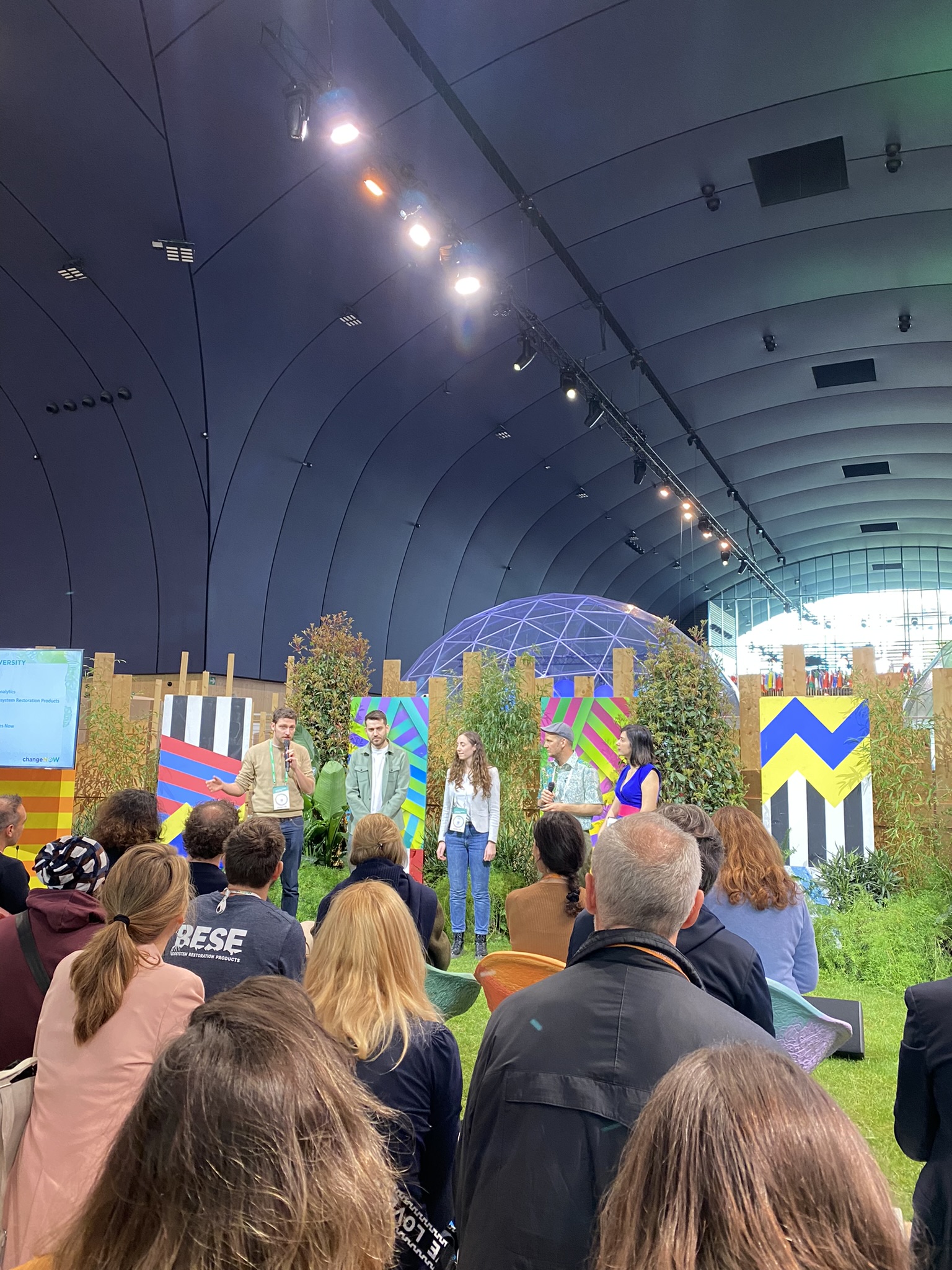
Diverse Solutions to Tackle Biodiversity Loss
Climate change and biodiversity loss are two of the biggest challenges faced by the planet and society. Both of these issues are deeply interconnected, and acknowledging this is essential in developing effective strategies to tackle these challenges. With advancements in science and technology, we are constantly producing solutions to effectively monitor, conserve, and restore ecosystems. This can vary from traditional citizen science to using technologically advanced methods such as drones and eDNA.
At a recent biodiversity conference, exhibitors in the biodiversity industry presented a diverse range of solutions to tackle the biodiversity crisis in more ways than one.
Project Seagrass: Restoring Ocean Health
Project Seagrass is an international initiative that implements seagrass protection and restoration strategies with an innovative and socially inclusive approach. Seagrass meadows, also referred to as underwater gardens, are globally threatened. These habitats play a crucial role in keeping our oceans healthy and are full of life, providing refuge for marine life ranging from crustaceans, fish, manatees, and sea turtles. It’s simple, when we lose seagrass, we lose biodiversity and an important carbon sequester. Seagrass also helps to stabilize coastlines, produce oxygen, and they provide food security and support livelihoods.
Project Seagrass uses a multidisciplinary approach, which includes restoration, monitoring, outreach, research, and advocacy. This project, which is a decade old, has executed successful projects in over 10 countries and planted over one million seagrass seeds. One of their most notable achievements is launching a citizen science website and mobile app, Seagrass Spotter, which encourages people to record the presence of seagrass with photo evidence. This app has been used across 105 countries and assisted in scientific data collection.
Inverto Earth: Nature-Positive Business with Mangroves
Inverto Earth was born when two people while working on humanitarian drone systems decided to create their own version but with a biodiversity approach. Inverto helps businesses become nature positive by restoring mangroves in an effective way. It steers entities and individuals away from the typical ‘lazy’ approach, where an area is selected, and thousands of mangroves are planted and then forgotten in the hope that they will grow, which often results in failure.
Instead, Inverto connects businesses with local communities to plan, plant and monitor coastal ecosystems, which are 3×3 meters in size. It encourages the business to connect with nature, engage with communities and play an active role in the restoration activities. Inverto supports every step of the process and equips and trains the locals in the area to utilize drone technology and on the ground field techniques to monitor the restoration. The clients can then access this data and enhance their green profile. Since its start-up in 2022, Inverto Earth has conducted projects in Pakistan and the UAE and plans to start up projects in Australia and Indonesia. Their approach goes beyond simply restoring crucial mangrove habitats, as it also creates social benefits through alternative livelihoods and provides clients with a full picture on climate, biodiversity, and their social impact.
DNAIR: Biodiversity Monitoring with eDNA
Environmental DNA (eDNA) has recently emerged as a powerful tool for biodiversity monitoring, species detection, and research. It allows scientists to determine species presence in an area without directly observing them by collecting environmental samples and testing them for their DNA.
DNAIR is a company that has developed technology that enables biodiversity monitoring at an unprecedented scale using eDNA from the air. This technology targets businesses that want to assess their sustainability efforts and make informed decisions that can reduce negative impacts on the environment. As a relatively new company, they are still in the pilot stage and strongly believe that this technology can provide a large market opportunity for companies to invest in biodiversity protection.
A Multifaceted Approach to a Global Challenge
Project Seagrass, Inverto Earth, and DNAIR are three entities that offer diverse solutions to address the biodiversity crisis. Together they incorporate simple yet effective multifaceted strategies utilizing technology and human resources to protect both terrestrial and marine ecosystems, as well as encouraging corporate responsibility and accountability.
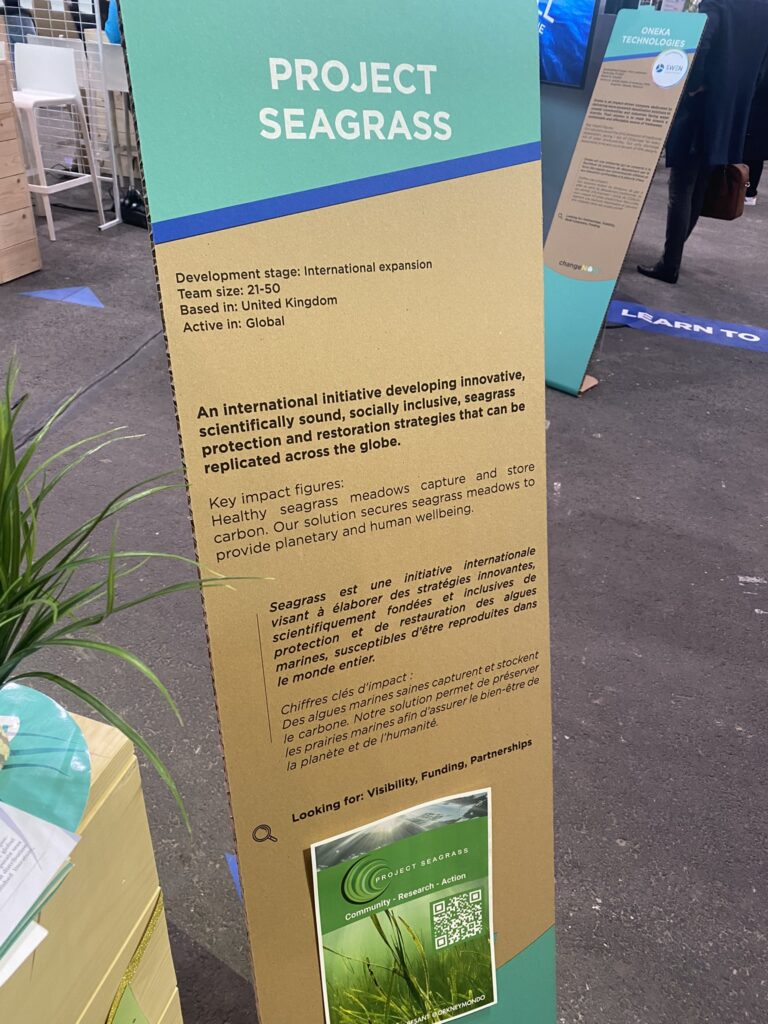
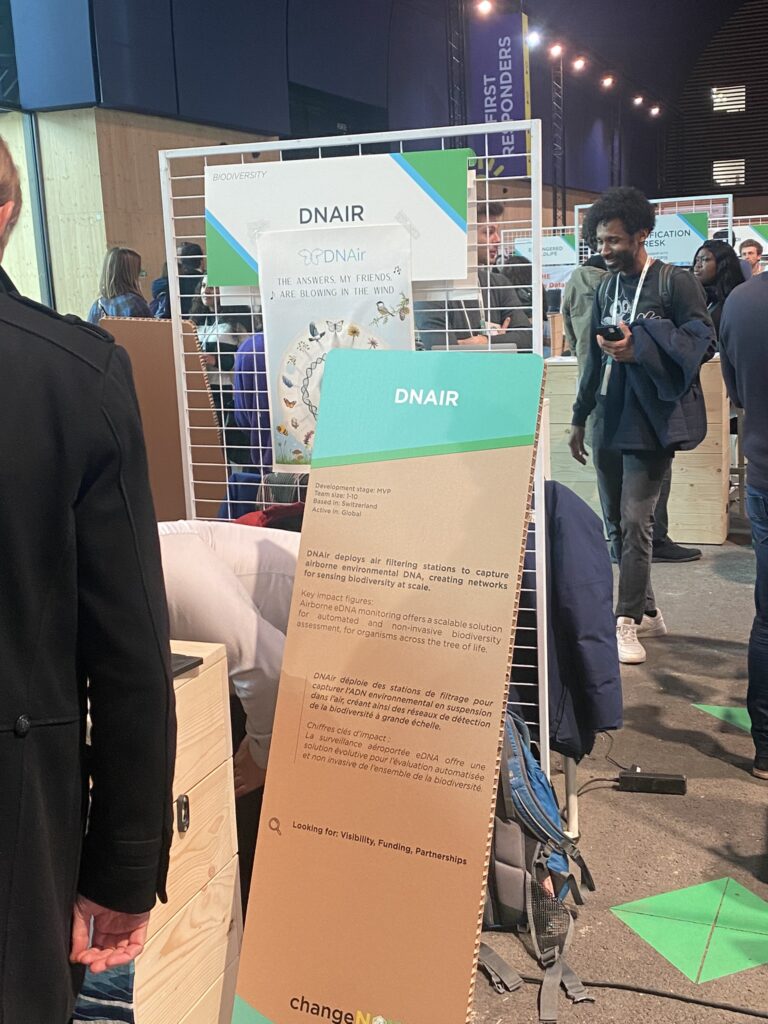
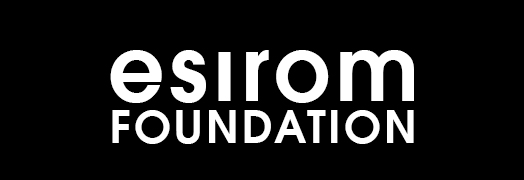
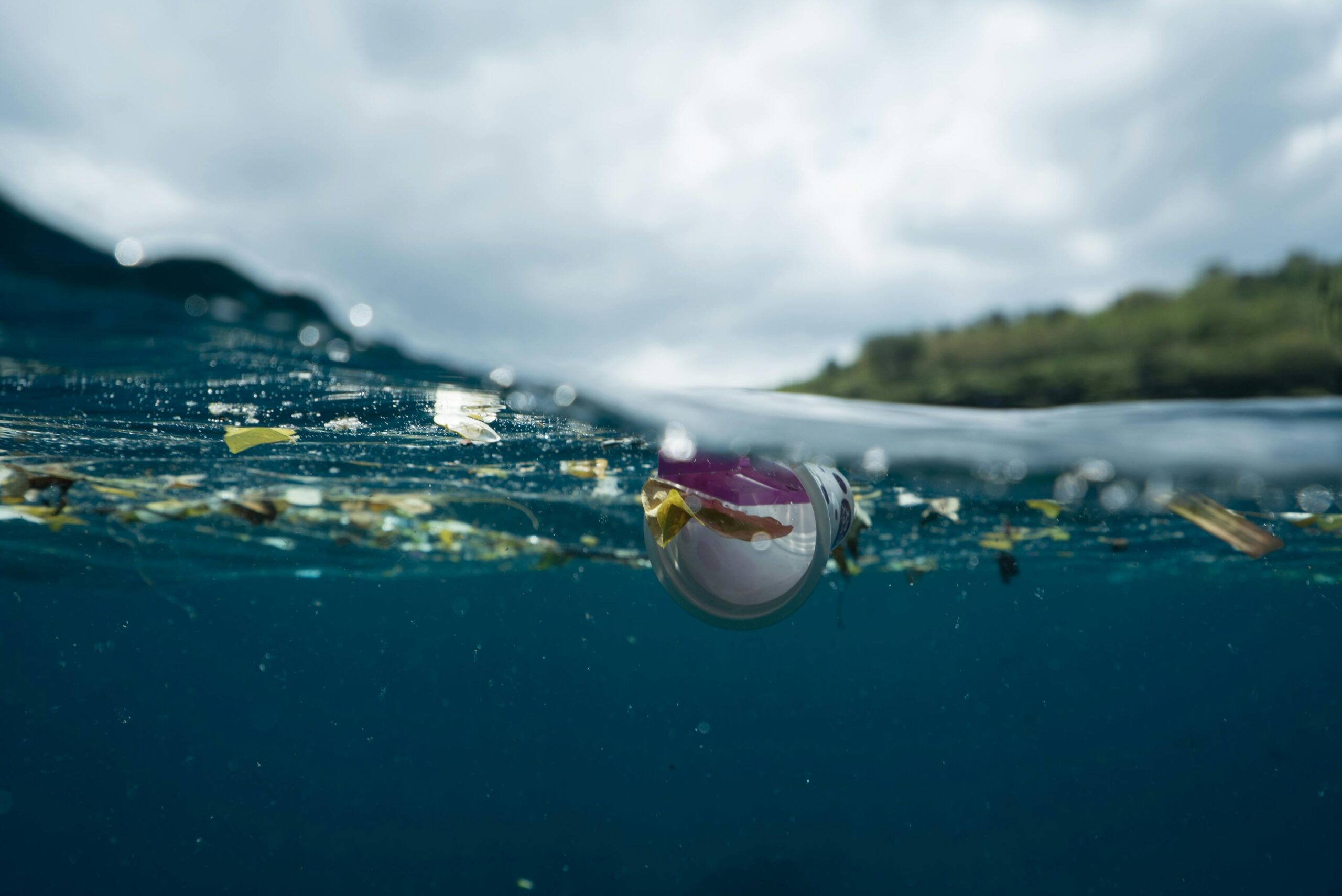
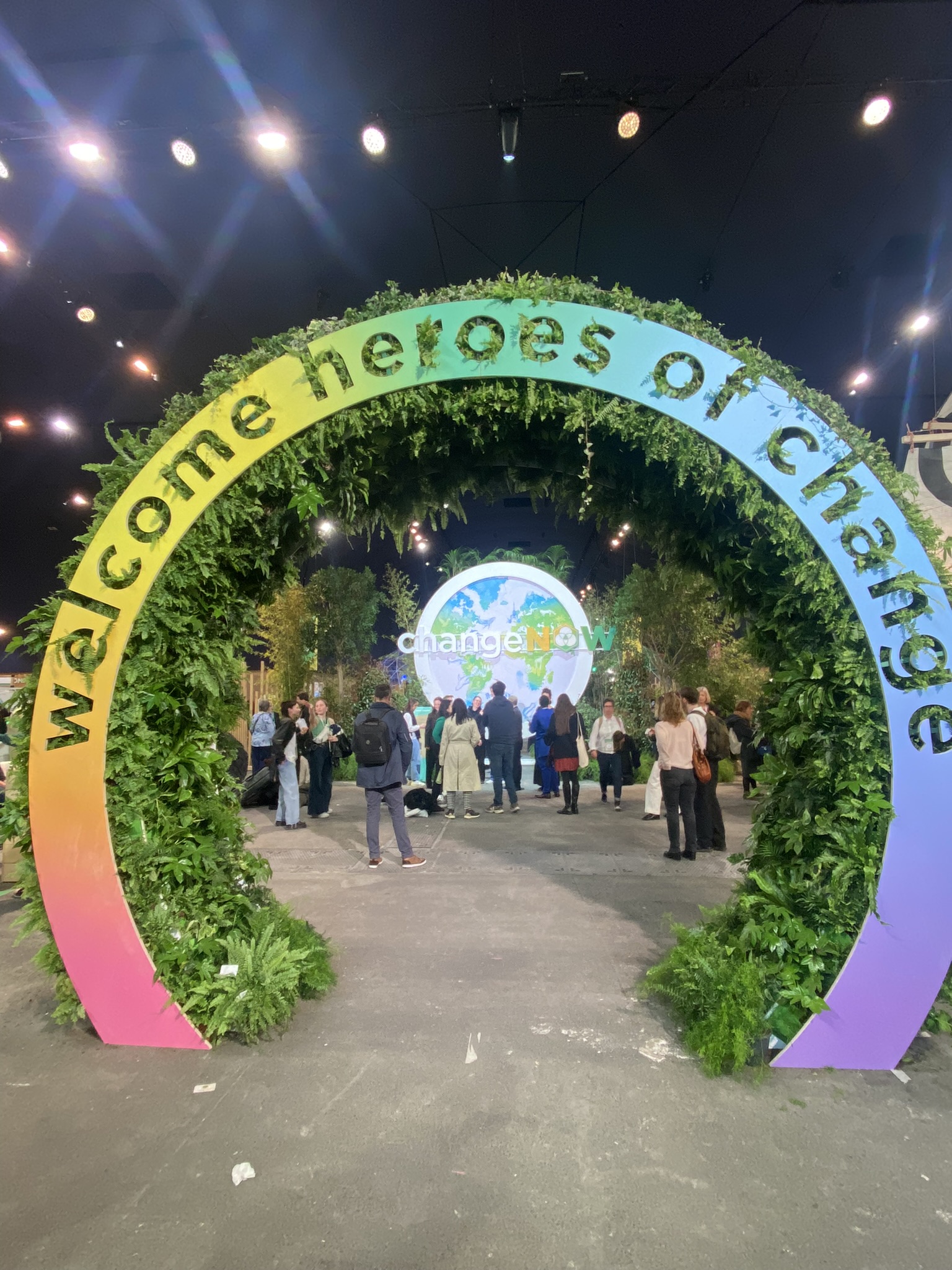

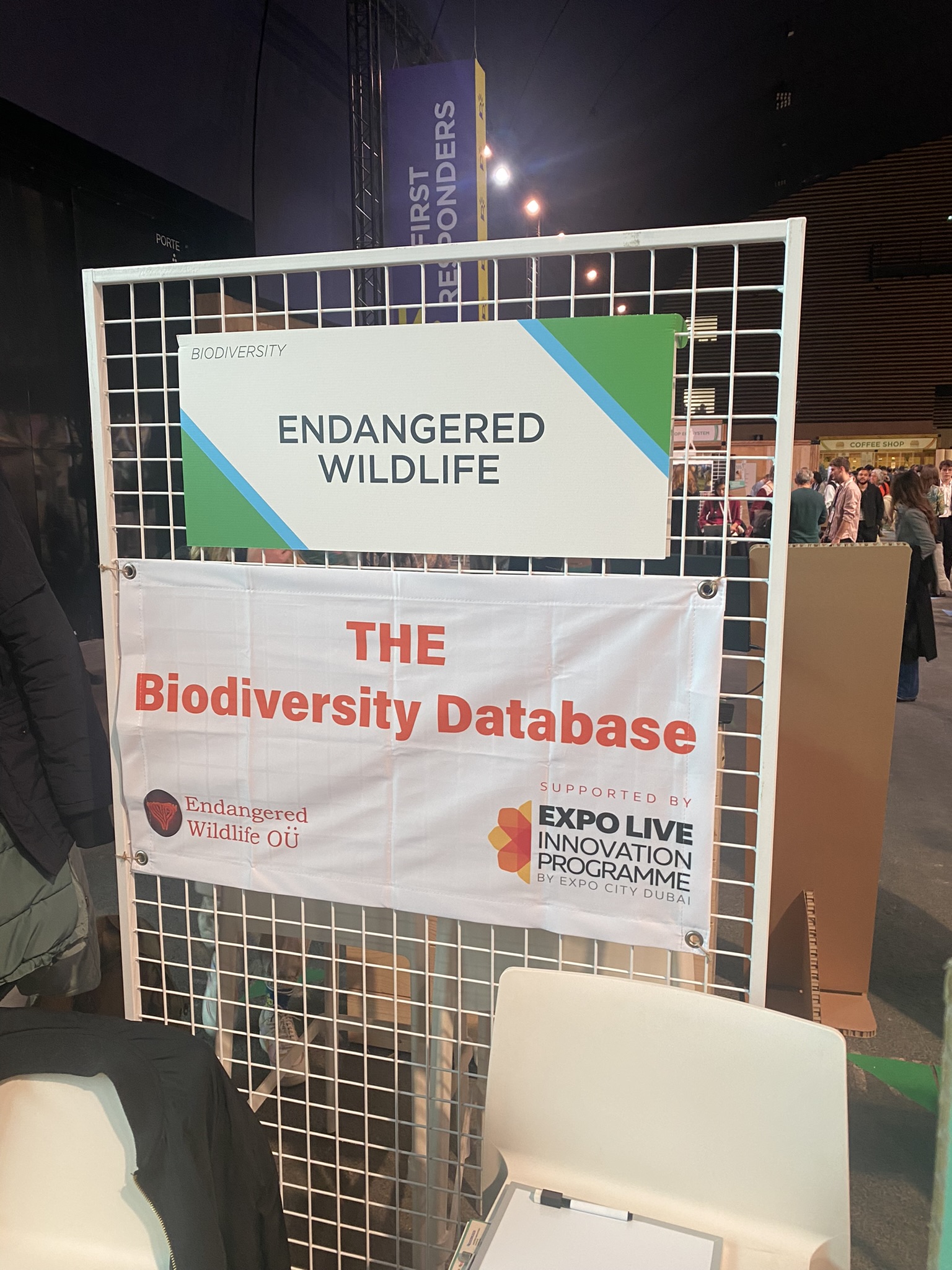
Leave a comment